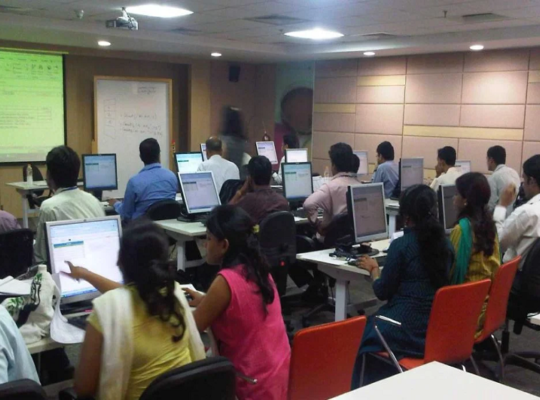As remote work becomes an integral part of the modern work landscape, organizations are continually seeking ways to enhance the efficiency and collaboration of their remote teams. Successfully managing dispersed teams requires a combination of strategic approaches and the right tools to foster productivity. Here are six effective strategies to increase efficiency and collaboration for remote workers:
6 Strategies to Boost Efficiency and Collaboration for Remote Workers
1. Embrace Collaborative Tools
Leverage collaborative tools that facilitate seamless communication and project management. Platforms like Slack, Microsoft Teams, or Asana provide a centralized space for real-time messaging, file sharing, and task tracking. These tools enable remote workers to stay connected, share updates, and collaborate on projects efficiently. Invest in training to ensure that all team members are proficient in using these tools to maximize their benefits. Utilize the best employee computer monitoring software.
2. Establish Clear Communication Channels
Clear and consistent communication is essential for remote teams. Establishing well-defined communication channels helps reduce misunderstandings and keeps everyone on the same page. Utilize video conferencing for regular team meetings, one-on-one check-ins, and collaborative discussions. Additionally, implement messaging platforms for quick updates and asynchronous communication, allowing team members to communicate effectively across different time zones.
3. Set Clear Goals and Expectations
Clearly defined goals and expectations provide remote workers with a roadmap for success. Establish specific, measurable, achievable, relevant, and time-bound (SMART) goals for individual team members and the overall team. Regularly communicate expectations regarding deadlines, deliverables, and project milestones. This clarity fosters a sense of purpose, accountability, and alignment with organizational objectives.
4. Encourage Regular Virtual Collaboration
Foster a collaborative culture by encouraging regular virtual collaboration among team members. Schedule virtual brainstorming sessions, workshops, or team-building activities to replicate the collaborative atmosphere of in-person work environments. Virtual collaboration not only enhances teamwork but also strengthens interpersonal connections, contributing to a positive and cohesive remote team culture.
5. Implement Project Management Systems
Efficient project management is crucial for remote teams to stay organized and on track. Implement project management systems that allow for transparent tracking of tasks, deadlines, and project progress. Tools like Trello, Jira, or Monday.com provide visual representations of project workflows, enabling remote workers to understand their roles, dependencies, and contributions to the overall project timeline.
6. Prioritize Work-Life Balance
Remote workers often face challenges in maintaining a healthy work-life balance. Encourage a culture that values well-being by promoting regular breaks, establishing clear work hours, and discouraging constant connectivity. Providing flexibility in work schedules allows employees to manage personal commitments effectively. Prioritizing work-life balance not only enhances efficiency but also contributes to employee satisfaction and overall well-being.
Considerations for Implementation:
Training and Onboarding: Provide comprehensive training and onboarding programs for remote workers, ensuring they are familiar with collaborative tools, communication platforms, and project management systems. This empowers employees to use these tools effectively and align with the organization’s remote work expectations.
Feedback Mechanism: Establish a feedback mechanism to continuously assess the effectiveness of remote collaboration strategies. Solicit feedback from team members to identify areas for improvement and make necessary adjustments to enhance efficiency and collaboration.
Flexibility and Adaptability: Remote work environments are dynamic, and strategies should be flexible and adaptable. Embrace a culture of continuous improvement, encouraging remote workers to share insights and innovative ideas for optimizing collaboration and efficiency.
Cultural Inclusivity: Cultivate a remote team culture that values diversity and inclusivity. Acknowledge and celebrate different cultural perspectives within the team, fostering an environment where all members feel heard, respected, and included.
Conclusion
Efficient and collaborative remote teams are the product of strategic planning, effective communication, and the right technological tools. As the landscape of work continues to evolve, organizations that invest in these strategies will position themselves for sustained success in the era of remote and flexible work arrangements.










